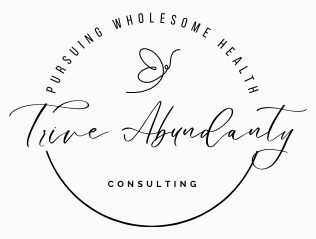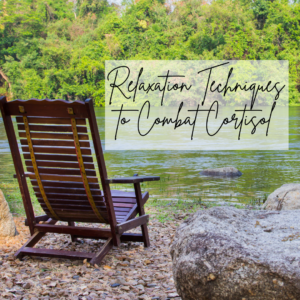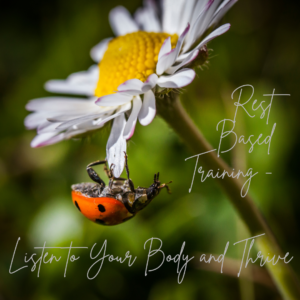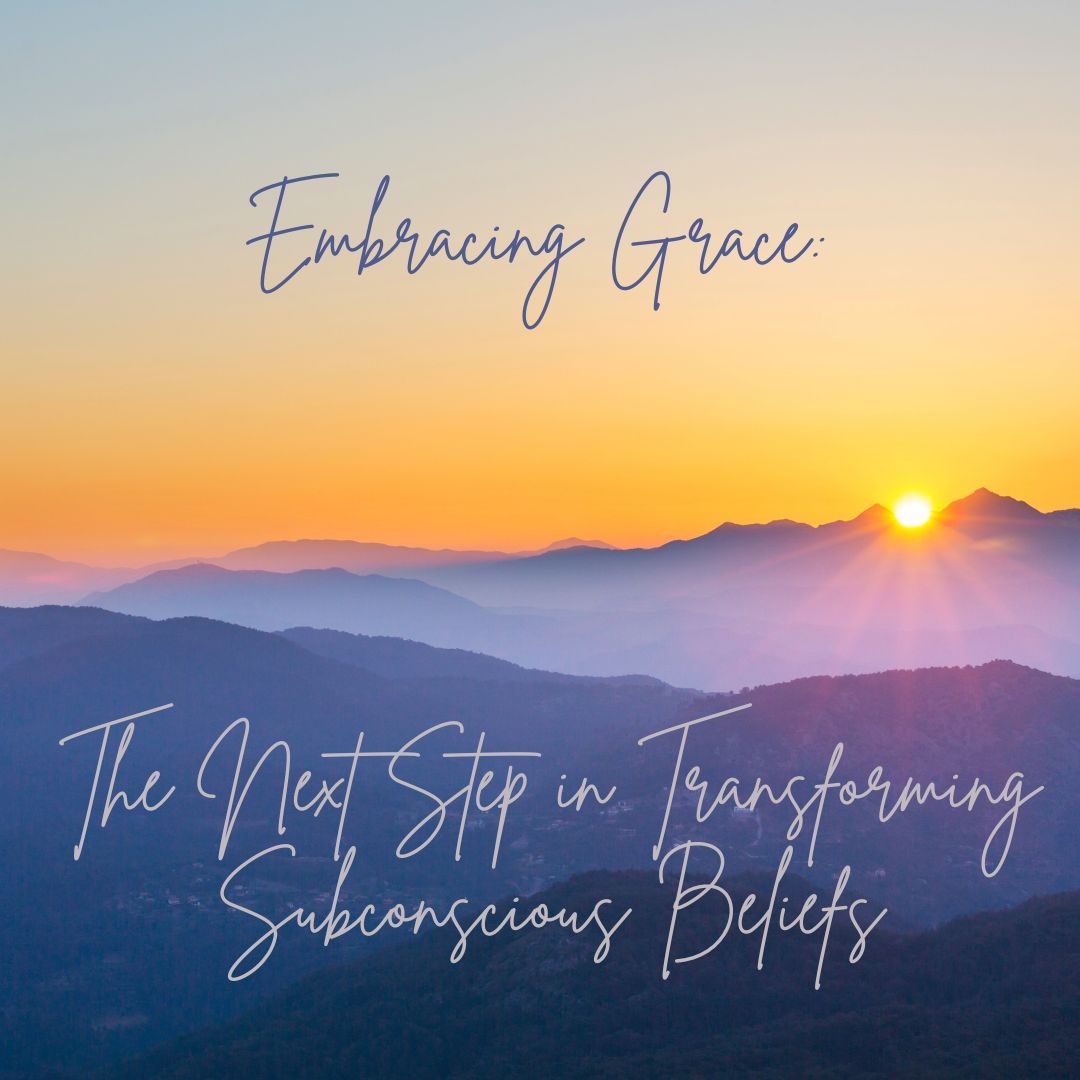Welcome back to our transformative journey!
How has this exploration into changing subconscious beliefs been for you so far? In the previous post, I wrote about the tangible costs of our beliefs and encouraged you to ponder what the future holds if you choose to let them persist. I also suggested the powerful act of crafting an intention or declaration—a personal commitment to shoulder the responsibility for initiating change. Now, let’s continue this voyage, focusing on two necessary and powerful steps: compassion and forgiveness.
Perhaps, as you looked into the costs, it felt like a tidal wave of emotions crashing in. If you’re anything like me, exploring a core belief might have stirred up quite a mix of feelings. It’s entirely normal for this process to evoke emotions, each of them making perfect sense. Today, let’s shine a light on these feelings. You might sense a surge of anger, a response to the extensive damage these beliefs have wrought. Grief could visit, mourning the pain and losses incurred. Maybe a thread of hopelessness weaves through, given the enduring reign of this belief and the numerous attempts at change that might seem futile. There’s a chance shame might emerge, a complex emotion arising from the contradiction between your subconscious convictions and conscious knowledge. You might even feel a shadow of failure. The spectrum of emotions is vast, accompanied by a sense of urgency, desperation, and the pressure to instigate changes pronto, putting an end to this today. Embrace these feelings; they’re part of the transformative journey we’re traveling.
I want to assure you that whatever emotions are surfacing in the wake of these revelations, you’re not alone. Let’s embark on the next step together, and to illustrate its importance, let’s dive into a quick metaphor.
Imagine being a little kid with an upcoming recital. You’ve practiced diligently, but perhaps you realize you’ve been rehearsing the wrong notes or even the wrong piece. The realization hits, and now you’re frantically playing on repeat, feeling the weight of the ticking clock. The pressure mounts, and nerves intensify as you discover that others have been on the right track while you’ve missed the mark. Do you think that little musician will deliver their best recital in such a stressful atmosphere? Unlikely. Now, envision a different scenario where you practiced at home, acknowledging imperfections, setbacks, and doing the best you can. Would that relaxed approach likely yield better results? I bet it would.
This metaphor may resonate differently depending on your experiences. If you’re not musically inclined, think of preparing for an exam after a tumultuous week or month. Multiple challenges arise, and there’s no time to study or practice. If you were observing someone in this scenario, would you berate them as harshly as that inner ‘not good enough’ voice might berate you? We tend to be more compassionate toward others than we are to ourselves.
As you navigate the emotions triggered by assessing a belief you wish to change and the associated costs, acknowledge the weight of the responsibility you’ve shouldered. You likely understand the series of events that led you to adopt these beliefs. It’s time to infuse some self-compassion into the process.

Compassion and forgiveness are like healing balms for the wounds inflicted by our subconscious beliefs. They’re not just for others; they’re crucial elements in the process of our own healing journey as well. Let’s explore how to integrate these practices into our journey.
God is a compassionate God and he invites us to be like him and that includes being compassionate with ourselves. It’s an act of radical self-love. As you reflect on the beliefs you’ve carried, approach yourself with kindness. Understand that these beliefs didn’t materialize out of nowhere. As you have probably discovered when looking for where they originated, they often have roots in experiences, conditioning, or circumstances that were beyond your control, especially in the formative years.
Picture self-compassion as an embrace for your own journey as you recognize those beliefs didn’t just appear; they tie back to painful events, many of which were beyond your control, especially in those formative years.
So before we are hijacked by self-criticism, let’s recognize that alongside ownership, compassion is an essential companion. It’s time to extend understanding and kindness to ourselves for the presence of these beliefs and their impact. Let’s explore this through the lens of our ongoing example: the belief of not belonging and the struggle with loneliness.
It might be tempting to chastise ourselves for not uncovering this sooner. However, without compassion, we risk remaining entangled in the web of shame. Recall our earlier discussion on the shame cycle, emphasizing how crucial it is to break free from its grip. If you need a refresher, you can revisit those insights here: Shame/pain cycle
Take a moment to reflect on the younger version of yourself. Remember the journey, the challenges faced, and the coping mechanisms developed to survive. Connecting with that little version of you is a powerful way to cultivate the compassion needed to acknowledge the pain, the losses, the relentless striving, and more.
Here is a compassionate statement example you can modify to fit your own situation:
“I want to acknowledge the pain you’ve carried, the depth of hurt that led these beliefs to become your truth. I’m sorry that, in the midst of that pain, these beliefs seemed like the only reality, and the path to healing wasn’t clear. I deeply regret the consequences these beliefs have imposed upon you (insert the specific details you uncovered in the previous post’s homework). I’m sorry for the tremendous energy and effort you poured into wrestling with this issue. I empathize with the joy and experiences you missed out on and how it cast a shadow on your everyday life. I recognize the origins of these beliefs—how certain painful experiences left an indelible mark on you. It’s clear how these unaddressed wounds distorted your self-perception. Without the tools needed for healing, the damage persisted, robbing you of the life you deserve. But here’s the truth: it doesn’t have to stay this way. With God, we hold the power to transform, to navigate from this place of pain to a space of profound well-being.”
There’s a remarkable impact when we speak to ourselves out loud. I’ll be honest; I didn’t embrace this practice for a long time, but sometimes, it’s about trying things out to see the difference they make. While I don’t always verbalize my thoughts, I make it a point to do so occasionally, and I encourage you to give it a try. Speaking out loud can be surprisingly effective—it not only allows your words to resonate but also helps you stay focused on expressing what you truly want to convey. It’s a simple yet powerful tool on this journey of self-compassion and transformation.
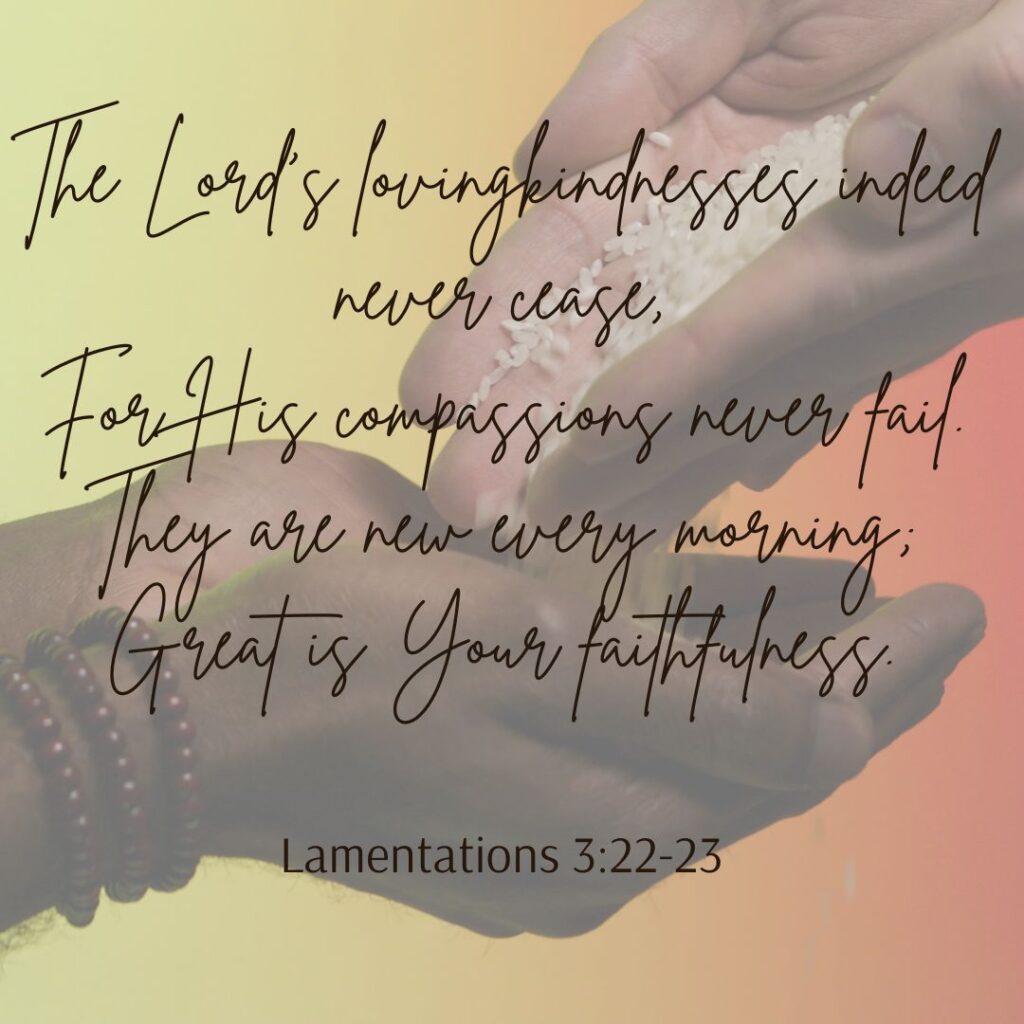
As we process the ways we’ve caused ourselves pain, self-forgiveness emerges as a crucial step. It’s a process that involves extending forgiveness not only to the people implicated in the original event that birthed the harmful belief but also to ourselves for how we treated us based on that belief. Here’s one way we could express it:
“Dear self, I forgive you. I forgive you for internalizing the belief that something is fundamentally wrong with you, for accepting the notion that good relationships are beyond your destiny. I forgive you for withdrawing from connection and intimacy, believing it was a shield against pain but unwittingly causing more. I forgive you for isolating yourself, projecting your beliefs, and thereby undermining every effort at cultivating deep and healthy relationships. I forgive you for not knowing how to be your own ally, for struggling to meet your needs in healthy ways, and for not even realizing those needs existed. I’m sorry for the consequences of these beliefs— the isolation, the self-judgment, the ceaseless striving. I forgive you for neglecting emotional and relational needs, for clinging to these lies for so long, inadvertently wiping me out. I understand you didn’t mean to. I forgive you for the hurt and the missed opportunities for healing. I recognize the ways in which you’ve kept yourself stuck instead of alleviating your pain. I’m becoming aware of this now, and I’m committing to changing this belief, to showing up differently. If it becomes too challenging to stay committed and consistent, I commit to seek help. Together, we’ll navigate this journey of transformation.”
If you prefer to write your own self-forgiveness narrative, here’s a guide on what to include: Begin with acknowledging what you’ve done and why you’re sorry. Delve into the specific ways it has harmed you and articulate your sincere intentions to prevent this harm from persisting. The more detailed and specific your words, the more poignant they become. Take the time to delve into this process thoroughly; it’s a worthwhile investment.
Allow yourself to feel the emotions that may surface during this practice. Tears are welcome, and if it becomes too intense, it’s perfectly fine to take breaks. Engage in activities that ground you, like a short walk or mindful breathing. Remember, there’s no race here—consistency is the real victory.
You might find that revisiting this process is necessary; both the compassion for yourself and the act of self-forgiveness may require multiple iterations. Be patient and gentle with yourself.

Extend forgiveness not just to yourself but also to everyone involved in the situation you’re addressing. You can adopt a similar format, even if it’s not feasible or safe to communicate directly with those who wronged you. Writing a letter that remains unsent can be surprisingly therapeutic. Outline what they’ve done, articulate the lasting impact on you, and release them from the obligation to make amends. Trust in Jesus as the source of restoration and healing, understanding that some fractures can’t be mended by those who caused them.
Compassion and forgiveness work hand in hand. Compassion softens the ground, making it fertile for the seeds of forgiveness to grow. As you extend compassion to yourself, it becomes a source of strength, making the act of forgiving not just others but also yourself, a more achievable endeavor.
Feeling like you’re trailing behind, observing others who’ve undertaken considerable work before you were aware such efforts were possible, might create a sense of urgency. The fear that it’s too late to reap the benefits in certain areas of your life is a common concern. Rest assured, we’ll explore this aspect in the upcoming blog post, so stay tuned for more insights!
